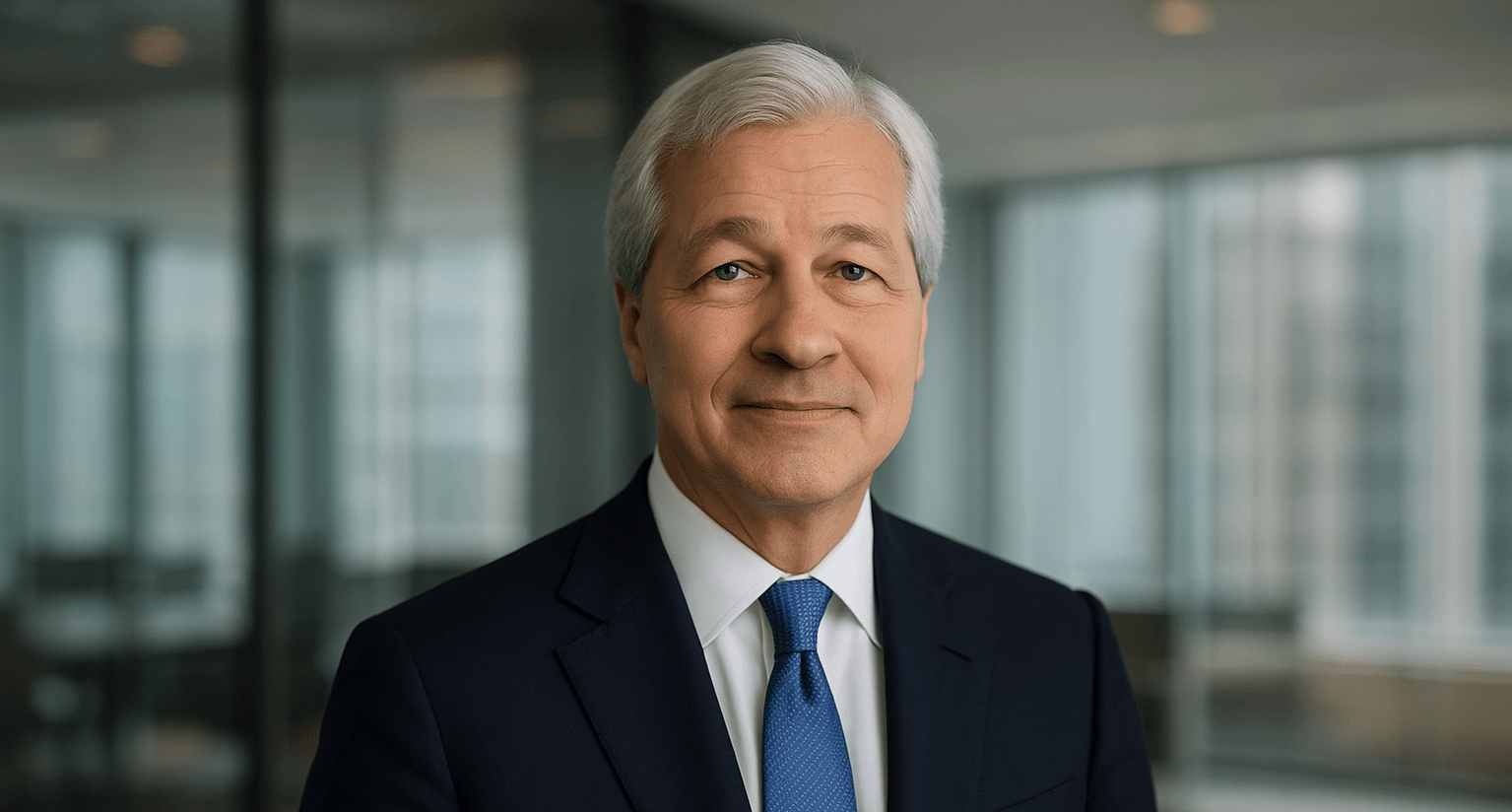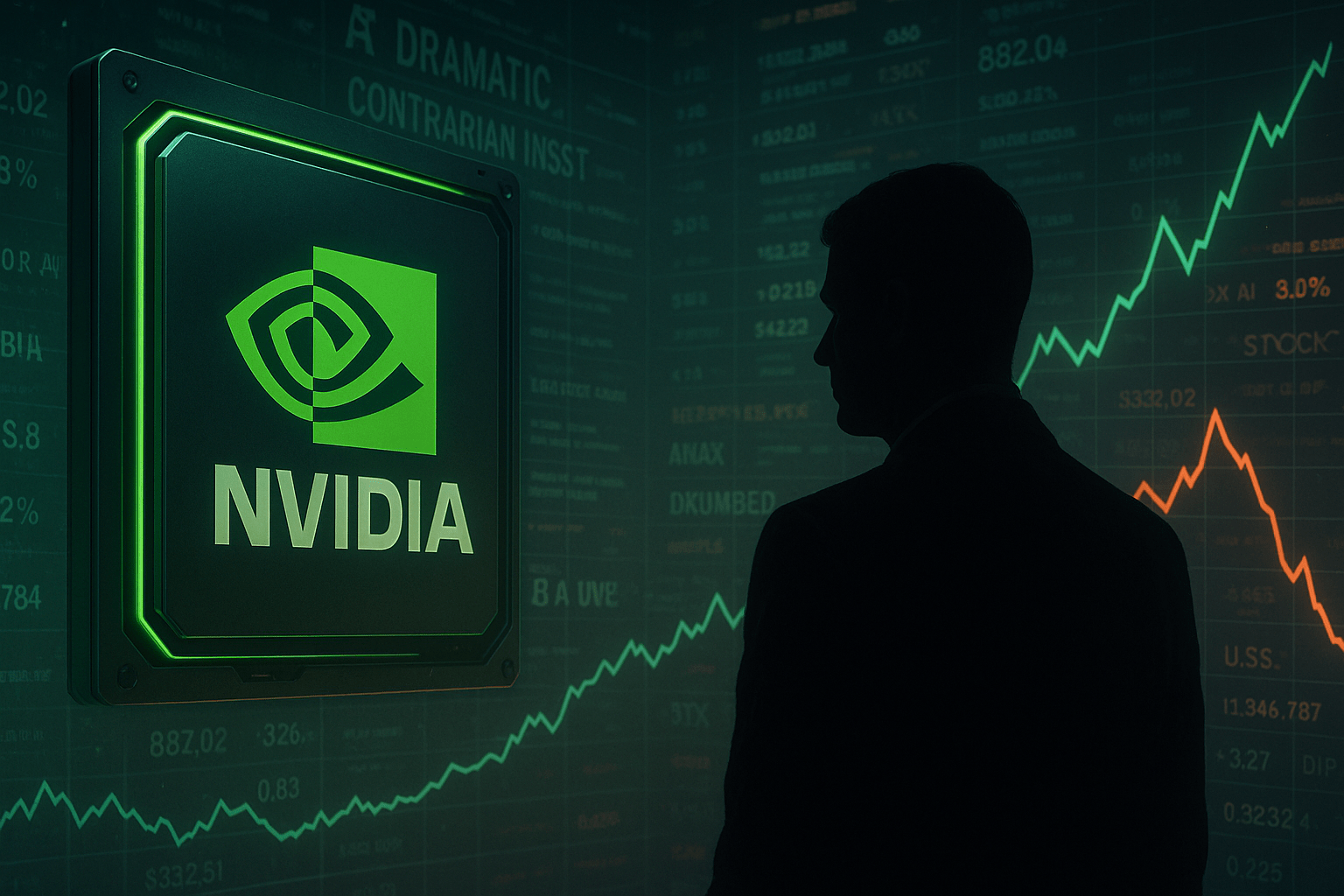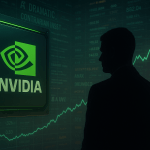Nvidia stock (NASDAQ: NVDA) stumbled on Tuesday, as Michael Burry, the legendary investor famed for predicting the 2008 housing crisis, disclosed a massive bearish wager against Nvidia.
His Scion Asset Management revealed put options worth approximately $187 million on Nvidia shares, a bet that profits if the stock declines.
The timing proved prophetic; Nvidia shares dropped roughly 2% on Tuesday, while broader market concerns about AI valuations continue to reverberate through Wall Street.
Nvidia stock: The ‘Big Short’ plays defense
Burry’s move carries outsized symbolic weight in financial markets.
The man who foresaw the catastrophic housing bubble collapse is now loudly signaling skepticism about the sector commanding the most investor enthusiasm since, well, the dotcom era.
His cryptic social media posts, including images from The Big Short film paired with the warning “sometimes, we see bubbles,” underscore his conviction that the AI investment rally has spiraled into dangerous territory.
This isn’t idle speculation either; Burry’s combined bearish bets on both Nvidia and Palantir Technologies amount to over $1 billion in notional value, representing roughly 80 percent of his portfolio’s positioning.
The economic underpinnings remain contested.
Proponents argue that, unlike the dotcom bubble, AI infrastructure generates immediate economic value, hyperscalers plan to spend $371 billion on AI capex in 2025 alone, with utilization rates supporting Nvidia’s 73-percent gross margins.
The data center demand pipeline appears robust, with analysts projecting data center revenue reaching $300 billion in calendar 2026.
The valuation question looms large
Nvidia recently became the first company in history to breach a $5 trillion market capitalization, achieving this milestone just 78 days after hitting $4 trillion.
The company now trades at a price-to-earnings ratio near 60, while CEO Jensen Huang announced $500 billion in anticipated orders for AI chips.
For believers like Cathie Wood of Ark Invest, these numbers reflect the early stages of a genuine technological revolution. For skeptics like Burry, they signal a market disconnected from fundamental reality.
Wall Street establishment views paint a different picture. Of 80 analysts covering Nvidia on Bloomberg terminals, 73 rate the stock a “buy,” while only one says “sell.”
Yet that lone voice, Seaport Global Securities analyst Jay Goldberg, echoes Burry’s concerns with chilling precision:
This is not my first bubble… we’re going to build up all this AI stuff for what are largely psychological reasons. At some point, the spending will stop, and the whole thing will tumble down.
Skeptics counter that AI’s ROI remains unproven, with MIT research suggesting 95 percent of generative AI pilot projects fail to deliver promised returns.
Meanwhile, concerns about circular financing, where tech giants fund each other’s capacity rather than organic customer demand, have surfaced among financial observers.
Burry’s bearish disclosure doesn’t guarantee a market reversal, but historically, his contrarian wagers have preceded major sentiment shifts.
Whether Nvidia represents legitimate infrastructure investment or inflated speculation remains the defining investment question of the decade.
The post Nvidia stock falls: is Michael Burry’s short a sign of what’s coming? appeared first on Invezz








